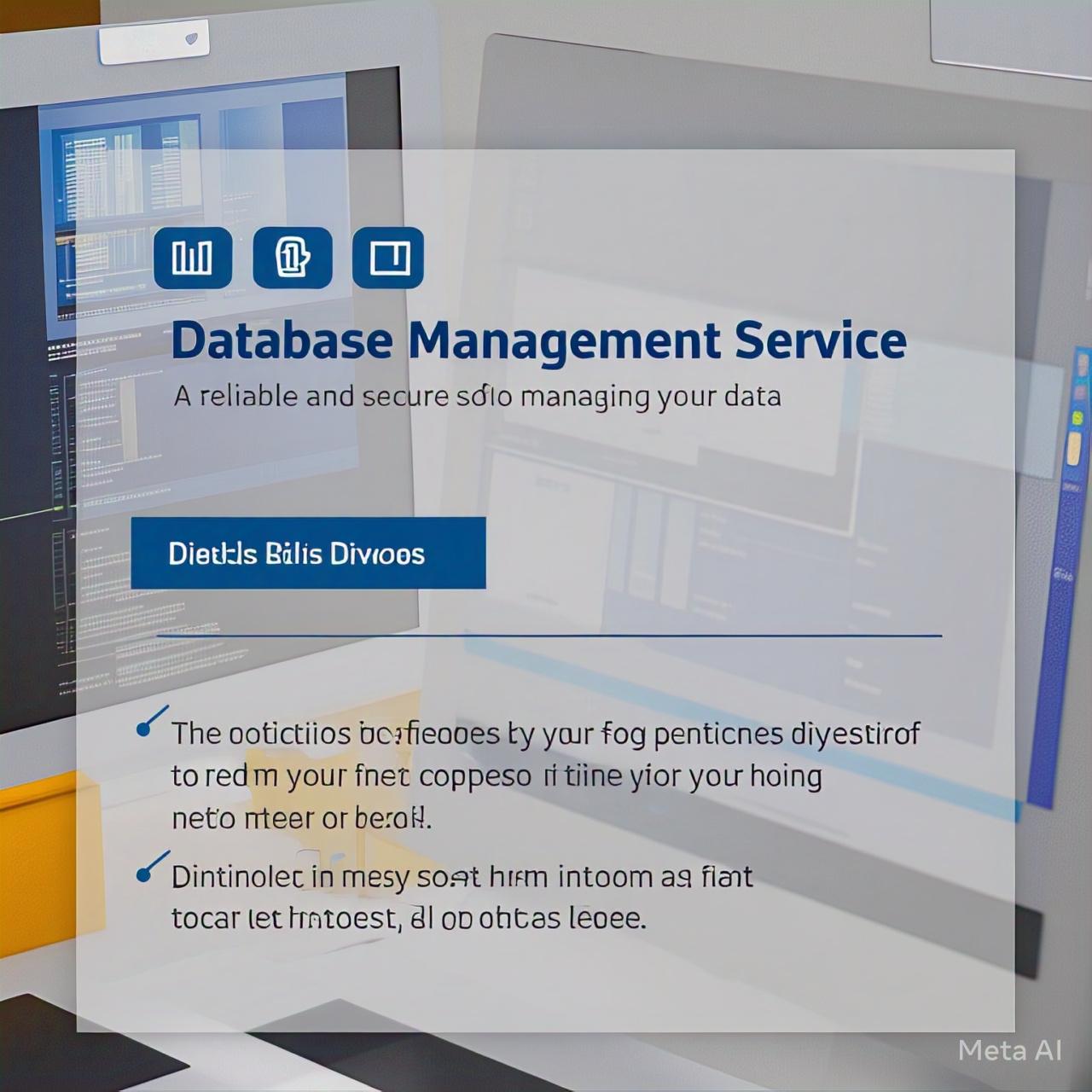I. Introduction to Database Management Services
- Briefly explain what database management services are and their importance in today's data-driven world
- Discuss the growing need for efficient and secure data management
II. What is Database Management?
- Define database management and its key components (data modeling, data warehousing, data governance, etc.)
- Explain the different types of database management systems (relational, NoSQL, graph, etc.)
III. Benefits of Database Management Services
- Discuss the benefits of database management services, such as:
- Improved data security
- Enhanced data integrity
- Increased data accessibility
- Better data analytics
- Reduced costs
IV. Types of Database Management Services
- Discuss the different types of database management services, including:
- Relational database management systems (RDBMS)
- NoSQL database management systems
- Cloud database management services
- Database-as-a-Service (DBaaS)
V. Key Features of Database Management Services
- Discuss the key features of database management services, including:
- Data modeling and design
- Data warehousing and business intelligence
- Data governance and compliance
- Data security and backup
- Performance monitoring and optimization
VI. Choosing the Right Database Management Service
- Discuss the factors to consider when choosing a database management service, including:
- Data volume and complexity
- Performance requirements
- Security and compliance needs
- Scalability and flexibility
- Cost and budget
VII. Best Practices for Database Management
- Discuss best practices for database management, including:
- Data normalization and standardization
- Data backup and recovery
- Data security and access control
- Performance monitoring and optimization
- Regular maintenance and updates
VIII. Conclusion
- Summarize the importance of database management services and their benefits
- Encourage readers to explore database management services and choose the right solution for their needs.

 SkillClick
SkillClick
